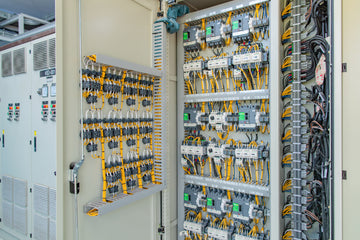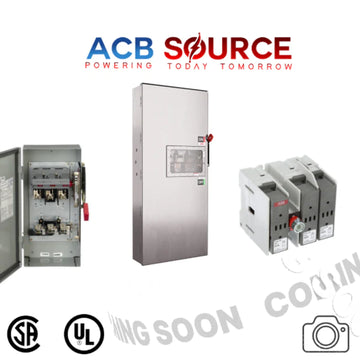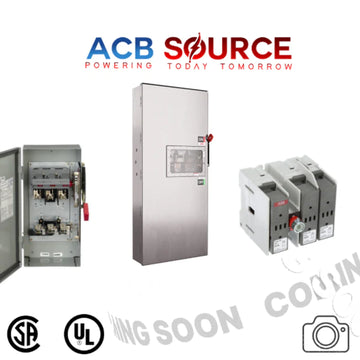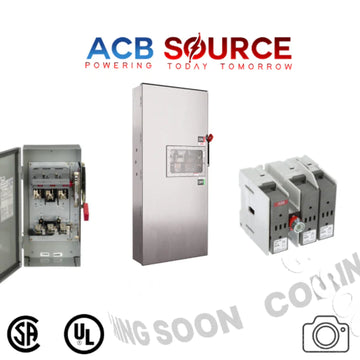Electrical control panels serve as the nerve center of industrial and commercial electrical systems, playing a pivotal role in managing and regulating the operation of various machines and processes. This comprehensive overview explores the fundamental aspects, types, components, and applications of electrical control panels, shedding light on their significance in diverse industries.
- Definition and Purpose:
An electrical control panel, also known as a switchboard or control board, is a centralized enclosure that houses electrical components responsible for monitoring and controlling various equipment and processes within a system. These panels are essential for ensuring efficient, safe, and automated operations in industries ranging from manufacturing to infrastructure.
- Types of Electrical Control Panels:
- Motor Control Centers (MCCs): Motor control centers are specialized panels designed for the centralized control of electric motors. They manage motor starters, drives, and other devices, simplifying the control and monitoring of multiple motors in an industrial setting.
- Distribution Panels: Distribution panels, commonly found in commercial and residential buildings, distribute electrical power to various circuits within a facility. They house circuit breakers, fuses, and other protective devices to ensure electrical safety.
- PLC (Programmable Logic Controller) Panels: PLC panels are tailored for applications requiring automation and programmable control. These panels incorporate PLCs, which allow for the programming and execution of complex sequences of operations.
- Control Consoles: Control consoles are customized panels with a user interface for monitoring and controlling specific processes. They often include displays, buttons, and indicators for real-time interaction.
III. Components of Electrical Control Panels:
- Circuit Breakers: Circuit breakers protect the electrical system from overloads and short circuits by interrupting the flow of current when necessary.
- Contactors and Relays: Contactors and relays are electromagnetic switches used to control the flow of electrical power and signal between different components within the panel.
- Busbars: Busbars are conductive strips or bars that carry electrical current and distribute it to various components within the panel. They provide a centralized point for power distribution.
- HMI (Human-Machine Interface): In modern control panels, HMIs provide a user-friendly interface for operators to monitor and interact with the system. Touchscreens and displays enhance user control and visualization.
- Wiring and Terminals: Wiring and terminals connect various components within the panel, creating a structured and organized layout to facilitate maintenance and troubleshooting.
- Applications Across Industries:
- Manufacturing and Automation: Electrical control panels are integral to manufacturing processes, providing automation and control for machinery and production lines.
- Water and Wastewater Treatment: Control panels manage pumps, valves, and sensors in water treatment plants, ensuring efficient and reliable operations.
- Energy Distribution: In power distribution systems, control panels regulate the flow of electricity, maintain voltage levels, and protect against electrical faults.
- Building Management Systems: Distribution panels and control consoles are crucial for managing lighting, HVAC systems, and security in commercial and residential buildings.
- Safety and Regulations:
Adherence to safety standards and regulations, such as the National Electrical Code (NEC) in the United States, is paramount in the design, installation, and maintenance of electrical control panels. Ensuring compliance mitigates risks and promotes a safe working environment.
Conclusion:
Electrical control panels serve as the backbone of modern industrial and commercial operations, enabling efficient, automated, and safe control of electrical systems. Understanding their types, components, applications, and the importance of safety regulations is essential for professionals involved in their design, installation, and maintenance. As technology advances, the role of electrical control panels continues to evolve, contributing to increased efficiency and precision across various industries.







